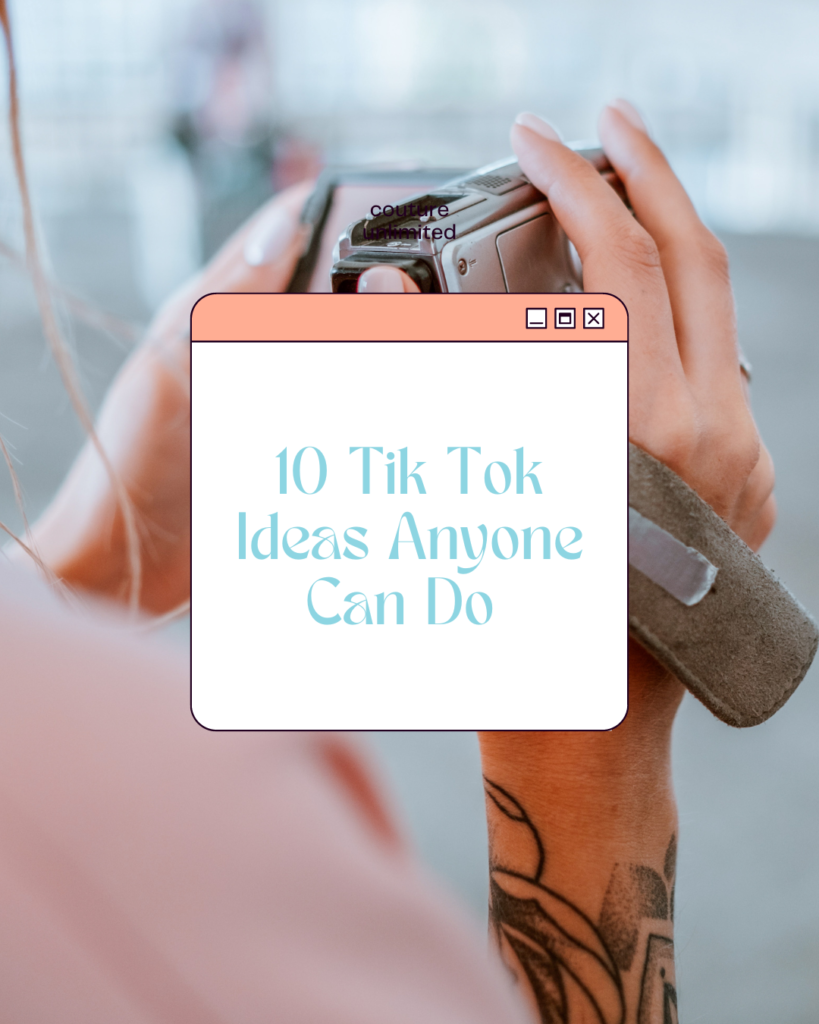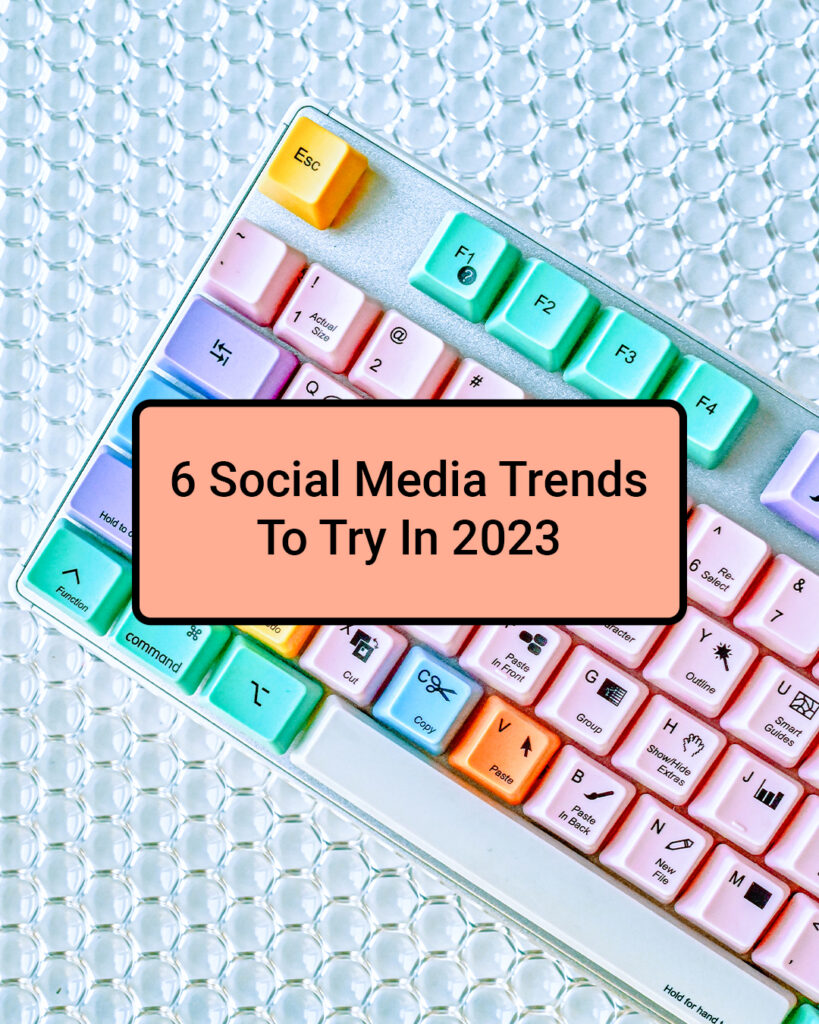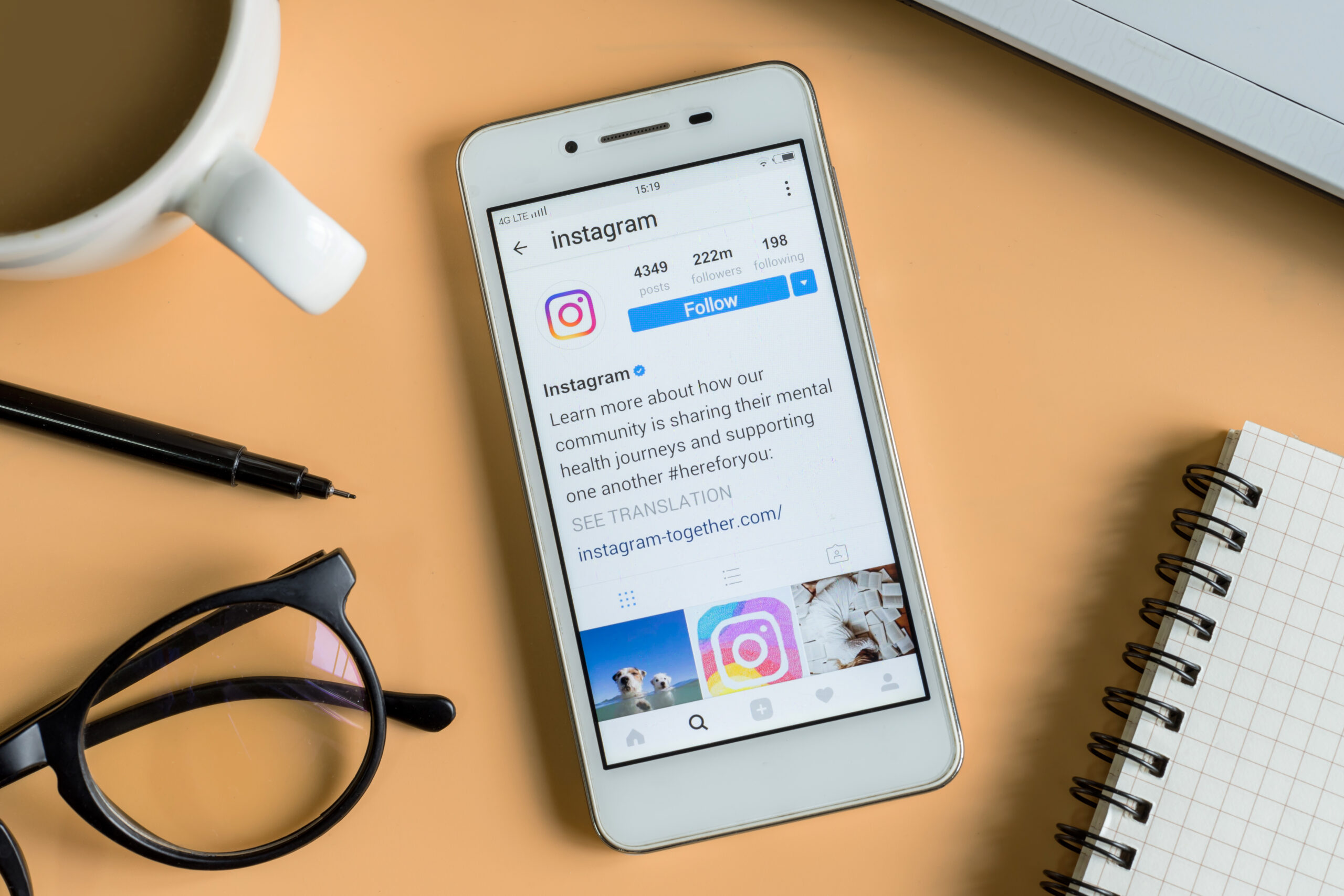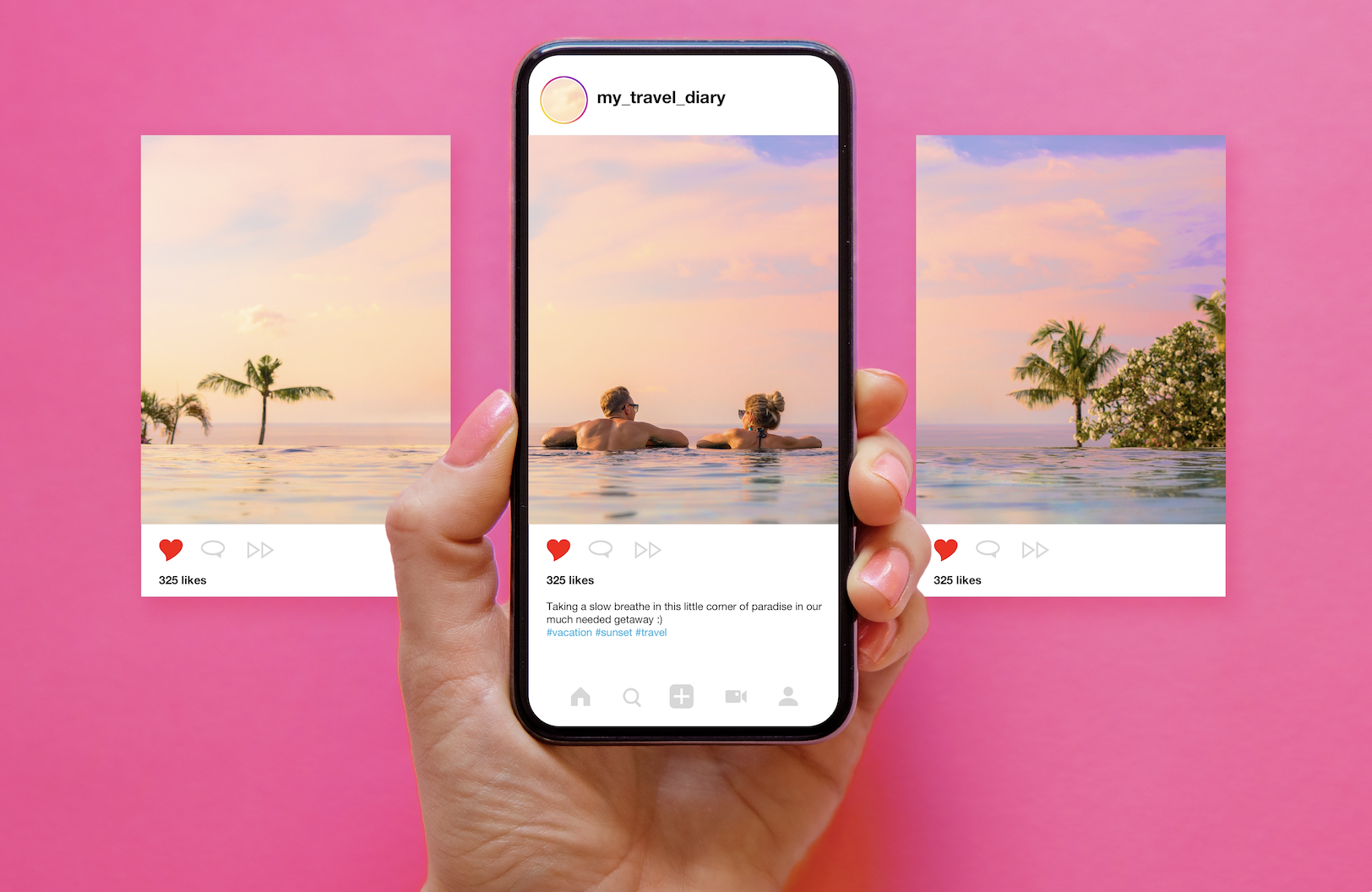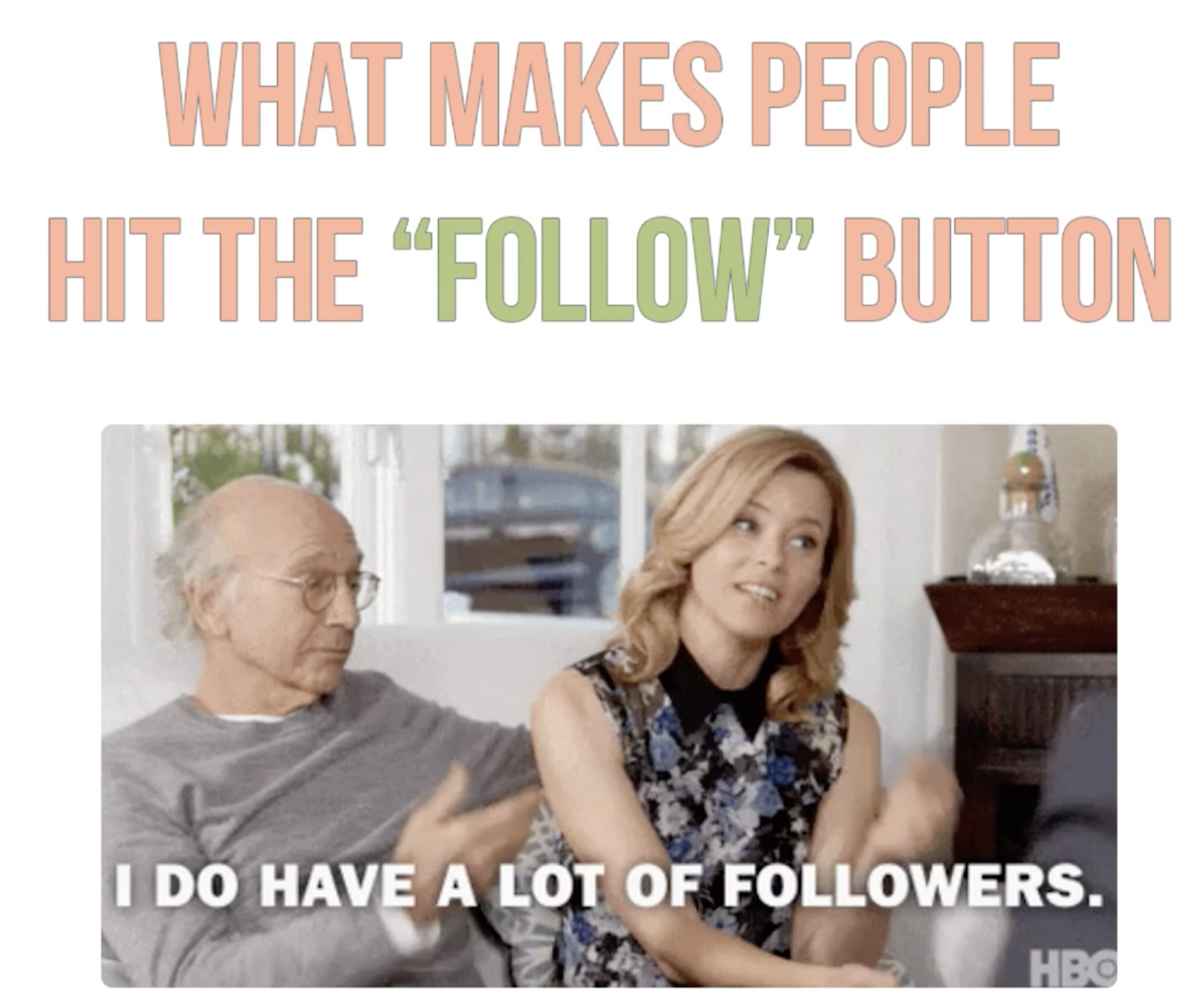From “yassss” to “#blessed,” it seems like Millennials are throwing around a new trending phrase every week. Brands might think it could be funny or relevant to work these phrases into their social media content… in most instances, though, they’d be wrong. Like an actor with a bad fake Boston accent, customers tend to swiftly reject brands’ use of trending slang words and phrases. In fact, we have our own company list of words and phrases we just won’t use in our day-to-day SMM duties, keeping our clients from embarrassing moments, à la “Brands Saying Bae.” We’re always growing our Banned Words list here at Metter Media, but these are our top five phrases brands should avoid using on social media:
Treat Yo’ Self
This phrase has become heavily overused since it first appeared on Parks & Recreation in 2011. While its use in everyday conversation has slowed, brands have still been caught using the phrase — and at this point, it just makes your brand look outdated. Do your brand a favor and follow along with those discontinuing the phrase.
https://twitter.com/DunkinDonuts/status/722082511262769152
Our shoppers don't hold back when it comes to #treatyoself on Wish! https://t.co/PJnfTwtOVr
— WishShopping (@WishShopping) November 14, 2016
On Fleek
Just don’t. A synonym for “on point,” “on fleek” went out of style as quickly as it came in. Brands like JetBlue, COVERGIRL, and more have tried to get in on the trend and ended up looking more like a dad joke than anything.
Our fleet's on fleek. pic.twitter.com/GoeDrd9YuT
— JetBlue (@JetBlue) February 23, 2015
Possibly the worst example of using “on fleek” — GrubHub worked it into their auto-responses to customers, asking hundreds, “Are we on fleek?”
Are we on fleek?
— Grubhub (@Grubhub) May 15, 2016
And few companies have ever had had a semi-decent use of the phrase — like this smoothie company’s tweet making fun of modern-day marketers trying to incorporate slang into content:
https://twitter.com/innocent/status/723484739743690752
That Moment When
“That moment when…” is regularly used by millennials as a form of reaction. While it can be quite entertaining and funny from actual humans, brands’ use of the phrase often comes off as cheesy and trying too hard, and tends to provoke the use of accompanying bad slang terms like “squad” and “straight flexin’”.
https://twitter.com/McDonalds/status/730804493466664962
#ThatMomentWhen you tear apart your grilled cheese and you can see that gooey-ness straight flexin’.
— Seamless (@Seamless) November 12, 2014
Got Me/Us Like
Another phrase typically used in reactions, “got me like” is just all-around awful. Much like “that moment when,” “got me like” comes off as trying too hard and uses horribly improper grammar. To make things worse, “got me/us like” is often used when talking about the brands’ own product(s) — making your brand come off as cocky. Altogether, the use of this phrase just leaves customers with a bad impression.
Kevin, you got us like…. ^SW pic.twitter.com/cmwsiaXGvI
— Southwest Airlines (@SouthwestAir) October 17, 2016
"First Sunday without football in 23 weeks got me like…" #NoFootball pic.twitter.com/Srzyrdp1kZ
— NFL (@NFL) February 9, 2014
Bae
We saved the best for last. You know it’s bad when there’s an entire Twitter account dedicated to brands using the word (@brandssayingbae). Though this 2-year-old acronym is still heard in millennial conversations today, brands should avoid using “bae” at all costs. It comes across as cheesy, unprofessional, and will likely be rejected by its own target demographic. I mean really — would you ever call your customer “bae” in person? But for entertainment purposes, here are some of our favorite horrible uses and criticisms of brands using “bae”:
RT if your only bae right now is a bae-rito.
— Sour Patch Kids (@SourPatchKids) December 16, 2014
@itz__destiny bae recognizes bae.
— Starbucks (@Starbucks) November 2, 2015
@Foodler just saw an ad for you that says "Foodler = Bae". You realise "bae" literally translates to "feces" right?
— Hero | Artist For Hire (@OurBraveHero) September 8, 2016
All in all, if you’re trying to keep your customers happy and avoid being ridiculed on social, you should just steer clear of using slang and stay true to your brand. After all — they are looking to see the original personality of your brand, not your brand trying to be someone else.
Metter Media LLC is a Boston-based social media management company that implements community-based, localized social engagement strategies for small businesses and corporations alike. Need help with your social media? Email Lauren today.
